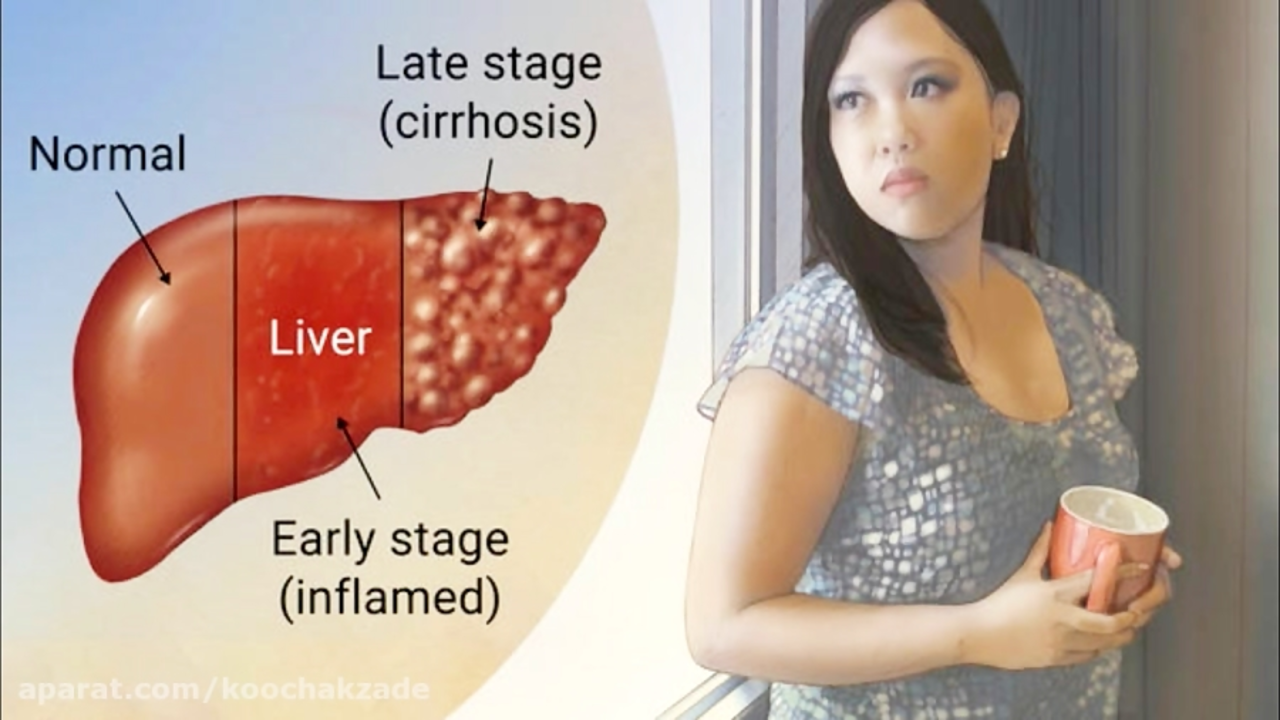Symptoms: What Your Body Is Telling You and What To Do Next
Symptoms are clues. A headache, dizziness, cough, belly pain, or shortness of breath all point to something — sometimes harmless, sometimes urgent. The trick is to spot patterns, note what changes them, and know when a symptom needs a doctor’s attention.
How to read and record symptoms
Keep a simple log. Note the symptom, when it started, how long it lasts, what makes it better or worse, and any other signs (fever, nausea, skin changes). Use plain measures: pain 0–10, how many times you cough, or whether breathing is harder than usual. This makes it easier to explain the issue to a clinician or compare progress over days.
Include recent meds, supplements, or new foods. Some symptoms are side effects — for example, Meclizine can help dizziness and motion sickness, while albuterol or Advair relate to wheeze and breathlessness. If constipation is a problem, check your thyroid meds and fiber timing; small changes in routine can help a lot.
When symptoms are urgent
Call emergency services or get immediate care for: chest pain, sudden severe headache, fainting, difficulty breathing, sudden weakness on one side, very high fever, or severe bleeding. For progressive symptoms—worsening cough, persistent high fever, repeated vomiting, or marked confusion—seek prompt medical review within 24 hours.
Other red flags include new trouble speaking, sudden vision loss, or signs of a serious allergic reaction (hives, swelling of face or throat). If you’re ever unsure, a quick call to a nurse line or your primary care office can prevent surprises.
For less urgent but persistent symptoms — ongoing cough, chronic fatigue, night sweats, recurring infections, or mood changes — book a follow-up visit. Bring your symptom log and list of medicines. That background helps clinicians decide if tests, imaging, or specialist care are needed.
Specific problems often have targeted answers. If you get motion-sickness dizziness, try natural remedies and see our article on top remedies. If you manage asthma or COPD, learn when to use rescue inhalers like albuterol and when long-term inhalers such as Advair matter. For skin or fungal issues, articles about Grifulvin V and antifungal options can guide safe online buying and questions to ask your pharmacist.
Finally, take quick practical steps at home: hydrate, rest, avoid triggers, and don’t mix new supplements with prescription meds without checking. If a symptom follows a new drug or supplement, stop it and get medical advice. Good tracking and clear action help you get the right care faster and cut down unnecessary worry.
Shingles and Your Liver: What You Need to Know
As a blogger, I recently came across some important information about shingles and its impact on our liver. I discovered that shingles, a painful rash caused by the same virus as chickenpox, can potentially lead to liver complications, especially in those with weakened immune systems. It's crucial for us to be aware of the early symptoms of shingles, like itching, burning, and tingling sensations, to seek prompt medical attention. Timely treatment may help prevent further complications, such as liver damage. Remember, taking care of our overall health can also play a critical role in protecting our liver from shingles-related issues.
View more
